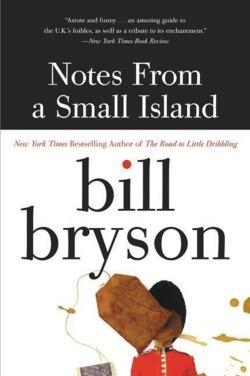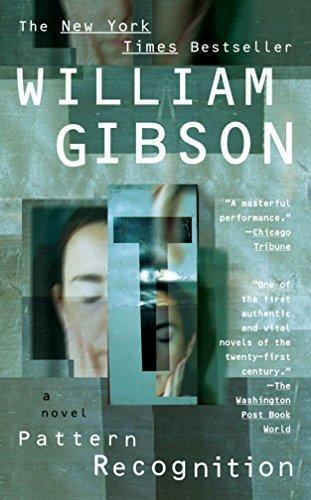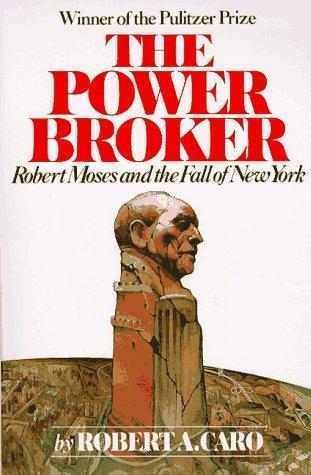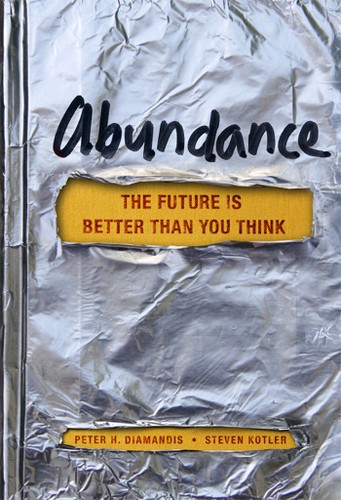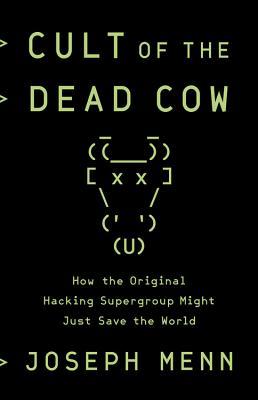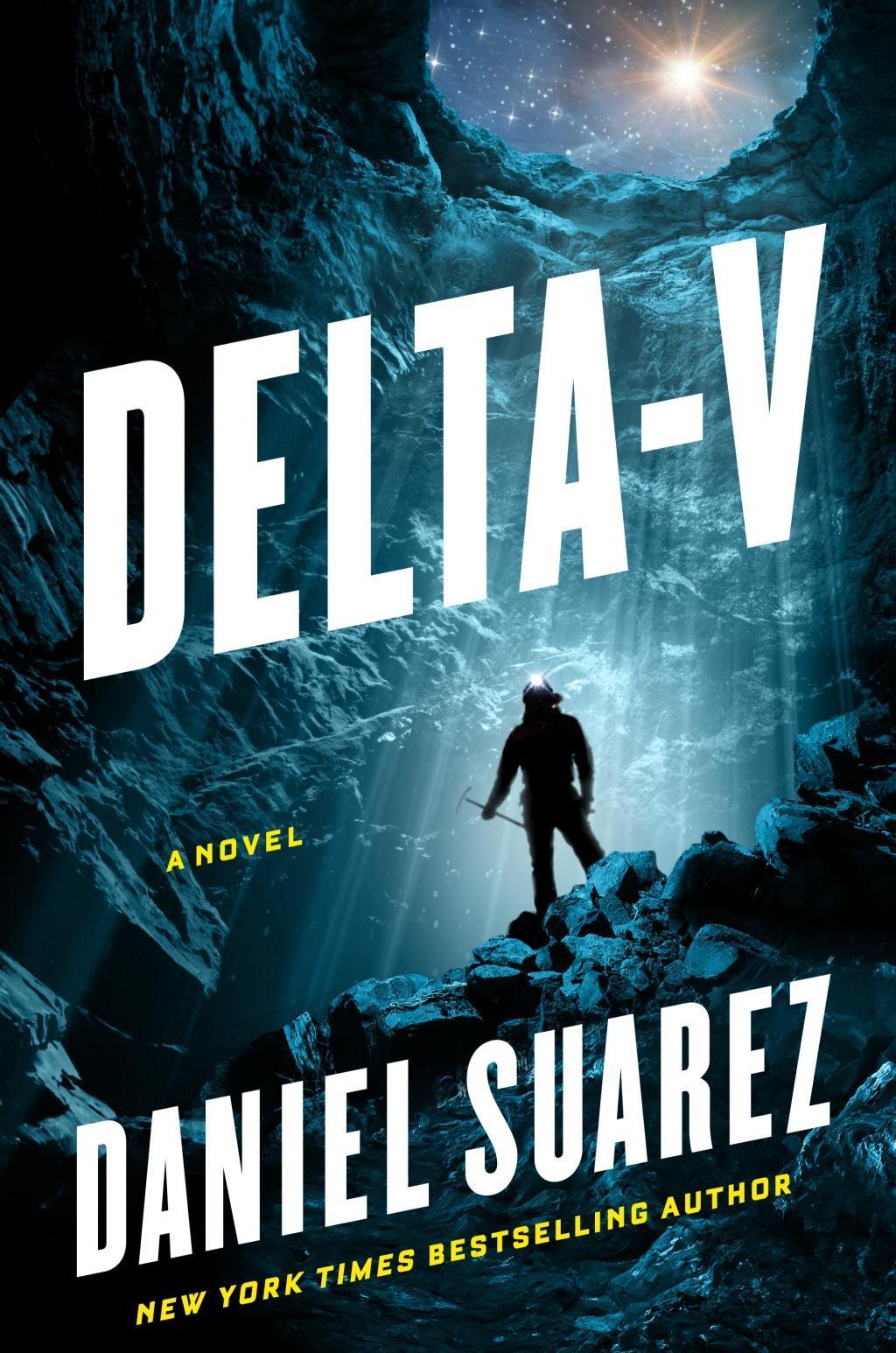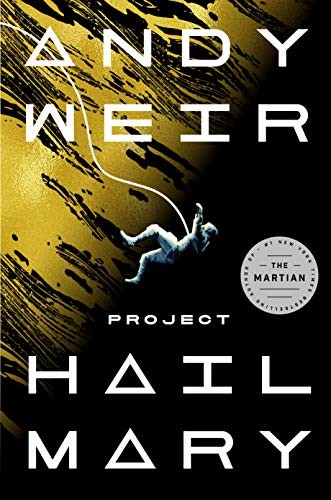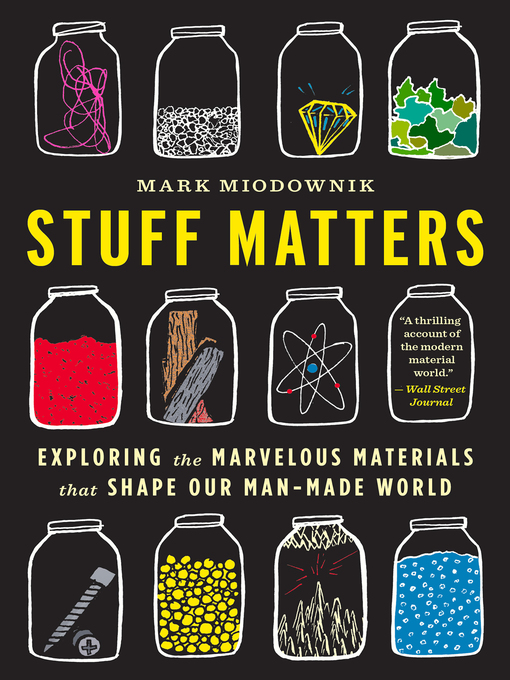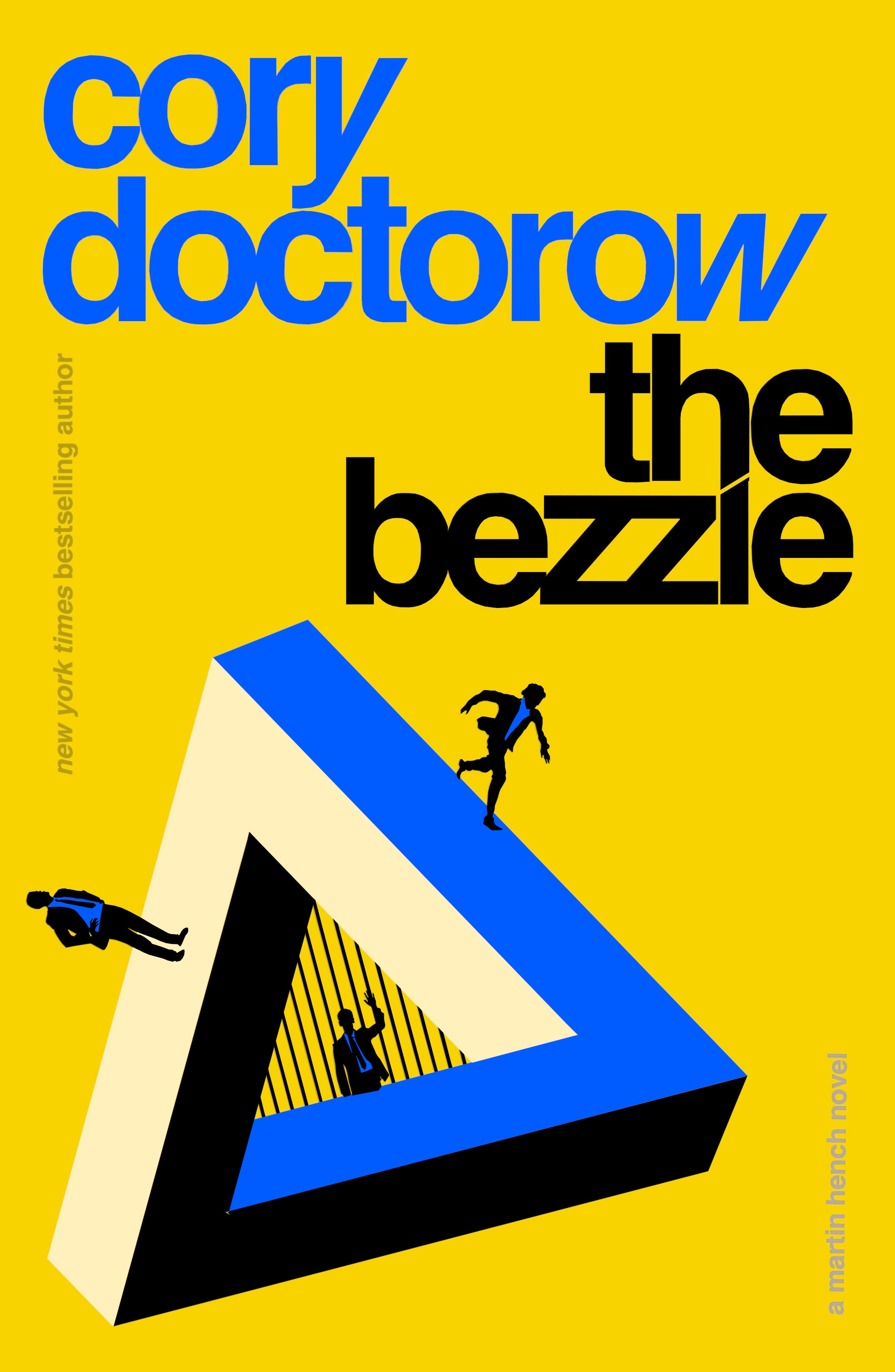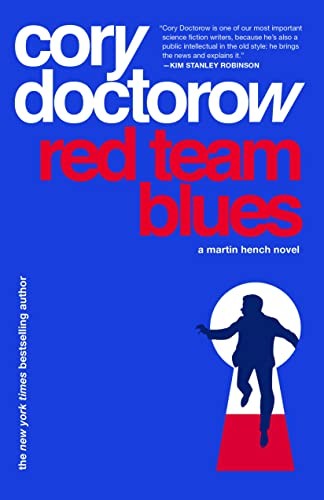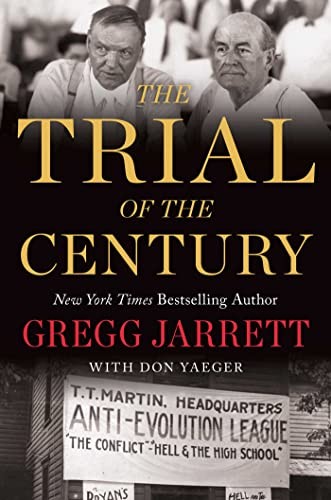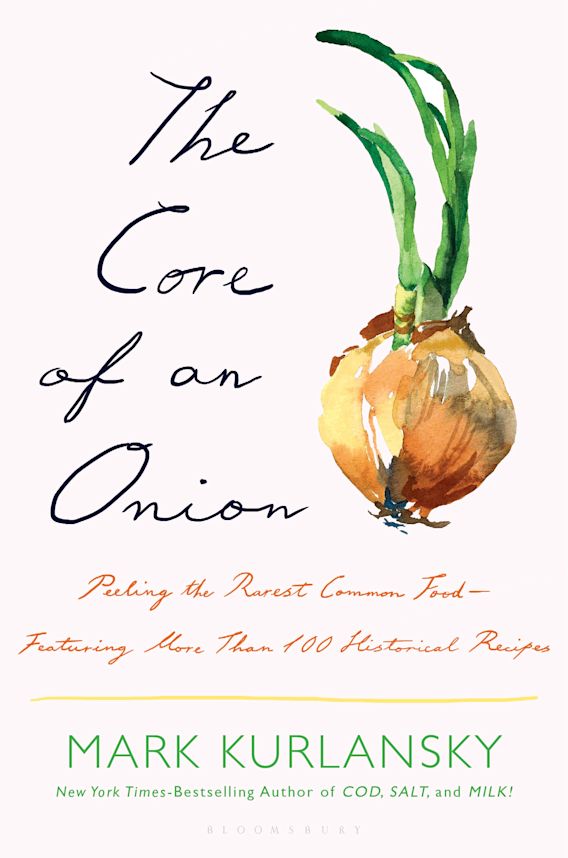@loopy I will check out Cyberstorm, thanks!
User Profile
An IT pro with 20 years of experience and Uni degrees in Math, Physics and CompSci. I love Sci-Fi, Fantasy and Non-Fiction tales of science, math, technology and history.
This link opens in a pop-up window
xylogx's books
User Activity
RSS feed Back
xylogx replied to DigitalRob@ramblingreaders.org's status
@DigitalRob@ramblingreaders.org If you liked this book, you might also enjoy American Kingpin about the Dread Pirate Roberts and the Silk Road -> bookwyrm.world/book/61641/s/american-kingpin
Review of 'Cult of the Dead Cow' on 'Goodreads'
4 stars
I learned a lot from this book. The history of the cDc engenders a great deal of respect for the early members as they skirt the line with legality while maintaining pretty fierce ethical and moral standards.
My single biggest struggle with the book is the way it is organized. Menn wants to keep the stories of individuals coherent, so he focuses on one or two member stories at a time, saving one big reveal for the last chapter. This makes a lot of sense to me, but it obscures the timeline, making it difficult to keep the events in chronological order, which in turn makes it difficult to connect various events and people to each other.
With that complaint out of the way, I can safely say I loved this book. I’m frustrated with my younger self because I was ankle deep in technology through the 80s and 90s …
I learned a lot from this book. The history of the cDc engenders a great deal of respect for the early members as they skirt the line with legality while maintaining pretty fierce ethical and moral standards.
My single biggest struggle with the book is the way it is organized. Menn wants to keep the stories of individuals coherent, so he focuses on one or two member stories at a time, saving one big reveal for the last chapter. This makes a lot of sense to me, but it obscures the timeline, making it difficult to keep the events in chronological order, which in turn makes it difficult to connect various events and people to each other.
With that complaint out of the way, I can safely say I loved this book. I’m frustrated with my younger self because I was ankle deep in technology through the 80s and 90s but thought I was up to my chest and living on the cutting edge. I never viewed myself as a hacker, but I should have at least known something about this world while I was living through it. I should hire the “shame nun” from Game of Thrones to follow me around for a few days. -sigh-
Somewhere about chapter six, I became a bit overwhelmed with the names, and I really wanted a chart or a family tree to keep it all straight. I felt like too much of the history was getting jumbled in my head, so I started taking notes. (No small feat because I listen to books while walking in the mornings.)
The cDc and its subsidiaries are singly responsible for forcing capitalism to take computer security seriously, and with the EFF, arguably the most important players in protecting encryption. When the cDc presented Microsoft with vulnerabilities, they were ignored and then actively derided by the company, so with no other options, they released tools to allow any scriptkiddie to take advantage of the exploit. The first time they were forced to do this in the mid-nineties, it gave the cDc (l0pht) the leverage needed to create an ethical reporting system template: vulnerabilities would first be reported to a vendor with a timeline for repair. Negotiations on the timeline could then take place, but if ignored, the vulnerabilities would be exploited to force the hand of the vendor. While not made clear in the book, this appears to be the beginning of the various bug bounty programs most technology companies run now.
It’s difficult to encapsulate the influence of the cDc covered in this book, and I can’t really do better than the first couple of paragraphs of the epilogue:
“IN ITS EARLIEST days, the chief moral issues for the teens in the Cult of the Dead Cow were how badly to abuse long-distance calling cards and how offensive their online posts should be. But as they matured, the hackers quickly became critical thinkers in an era when that skill was in short supply. In an evolution that mirrored and then led the development of internet security, cDc went on to forge rough consensus on the complex but vital issue of vulnerability disclosure, to show that enabling strong security could be a viable business, and to merge the hacking spirit with activism on behalf of human rights. It also kept a remarkably big tent, roomy enough to include support for acts of civil disobedience as well as work for the military, as long as both were principled. They all helped push a realistic understanding of security challenges and ethical considerations into mainstream conversations in Silicon Valley and Washington. As the big picture in security grows darker, those conversations are the best hope we have.
One lesson from the Cult of the Dead Cow’s remarkable story is that those who develop a personal ethical code and stick to it in unfamiliar places can accomplish amazing things. Another is that small groups with shared values can do even more, especially when they are otherwise diverse in their occupations, backgrounds, and perspectives. In the early days of a major change, cross sections of pioneers can have an outsize impact on its trajectory. After that, great work can be done within governments and big companies. Other tasks critical for human progress need to be done elsewhere, including small and mission-driven companies, universities, and nonprofits. It gets harder to keep the band together over time, but cDc’s impact lives on in those whom members hired, taught, and inspired. That said, a movement cannot control its children. The Citizen Lab and Tor are one thing, while Lulz Security and Gamma Group are another. Trolling and fake news also owe something to cDc, and neither is anything to be proud of."
Anyone interested in the history of technology and/or technology security should read this book. Also, hackers. This is a book for anyone considering themselves a hacker because it contains great lessons: the good, the bad, and the ugly.
Content warning One revelation/twist included
@loopy If you liked this one I suggest you check out Delta-V from Daniel Suarez -> bookwyrm.world/book/22987/s/delta-v
xylogx reviewed Delta-V by Daniel Suarez (duplicate)
Loved It!
5 stars
This is the hardest of science fiction with technologies which are already here or just over the horizon. That combined with the carefully crafted characters made this story easy to get into without too much cognitive dissonance from the wild story. And what a story! It really takes you for a ride and has some twists and turns and thrills along the way. Loved this!
xylogx rated Man's Search for Meaning: 5 stars
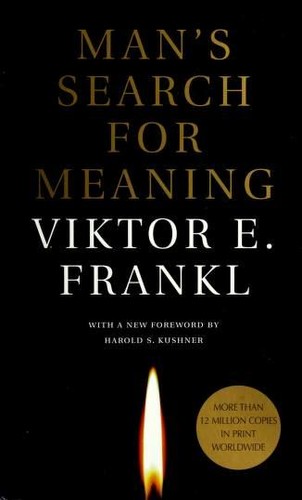
Man's Search for Meaning by Viktor Frankl
Psychiatrist Viktor Frankl's memoir has riveted generations of readers with its descriptions of life in Nazi death camps and its …
xylogx finished reading Man's Search for Meaning by Viktor Frankl
Not an easy read or a particularly enjoyable one, it is nevertheless extremely profound and thought provoking. An important book.
If you had to explain to a person who was in the most unimaginably hopeless situation why they had something to live for what would you tell them? This was the author's task in the concentration camps of WW2. He took this work seriously and afterwards wrote this book as a way to help others in their own search for meaning in their lives.
xylogx finished reading Project Hail Mary by Andy Weir
Loved this book. Like The Martian it has a good amount of hard science mixed into an ambitious story that ranges to the far reaches of outer-space. He turns what is a difficult task of introducing a truly alien species in a believable way and somehow makes it into a buddy cop movie. Really nice rebound from what was a bit disappointing follow up to the Marian in Artemis.
There's Way More Science Out There Than You Know
5 stars
It's a book about material science that opens with the narrator getting stabbed! What more could you ask for‽
From the multiple crystal forms of chocolate to the chemical reactions that make cement, Mark combines a love of materials with excellent narrative and takes you through a small sampling of the amazing materials that make our everyday life possible. Stuff matters, indeed.
xylogx reviewed The Bezzle by Cory Doctorow
Solid sequel
5 stars
I did not enjoy this one as much as the first edition, but I still feel like was a great ride on the forensic accounting rollercoaster. With solid story telling and deep dives into legal and tech ideas, I feel like I learned a lot too. Looking forward to the next Martin Hench story.
xylogx reviewed Red Team Blues by Cory Doctorow (Martin Hench, #1)
Loved it
5 stars
Just finished reading the new Cory Doctorow book, "Red Team Blues." It is a gripping story about cryptography and the world of dark finance. I really enjoyed it and highly recommend it.
xylogx reviewed Trial of the Century by Gregg Jarrett
Well Crafted Telling of a Dramatic Event in US History
4 stars
This books does a good job of putting some framing and context around the trial transcript which is really the star of this story. Much of the book, really the best parts, is simply quoting the trial transcript. But like watching a highlight reel, having the context and not wasting time with the unnecessary bits, makes it more enjoyable.
Great stuff!
5 stars
Witty and entertaining is not how you would think of a book that delves deep into the physics and chemistry behind materials science, but that is precisely what occurs in this book. Not only did this book make me laugh out loud repeatedly, but it did a solid job on informing me of facts on the cutting edge of science and technology. Really enjoyed this one.
xylogx reviewed Core of an Onion by Mark Kurlansky
xylogx reviewed How to Hide an Empire by Daniel Immerwahr
Great lessons in US history
5 stars
I wanted to hate this book. I really felt like it was going to be preachy and single noted. In the end it overpowered me with excellent story telling, a very powerful grasp of history and very evenly stated rationality. It definitely has a perspective, but it is not trying to convince you as much as state the facts and allow you to decide. I ended up really liking this one despite myself.

